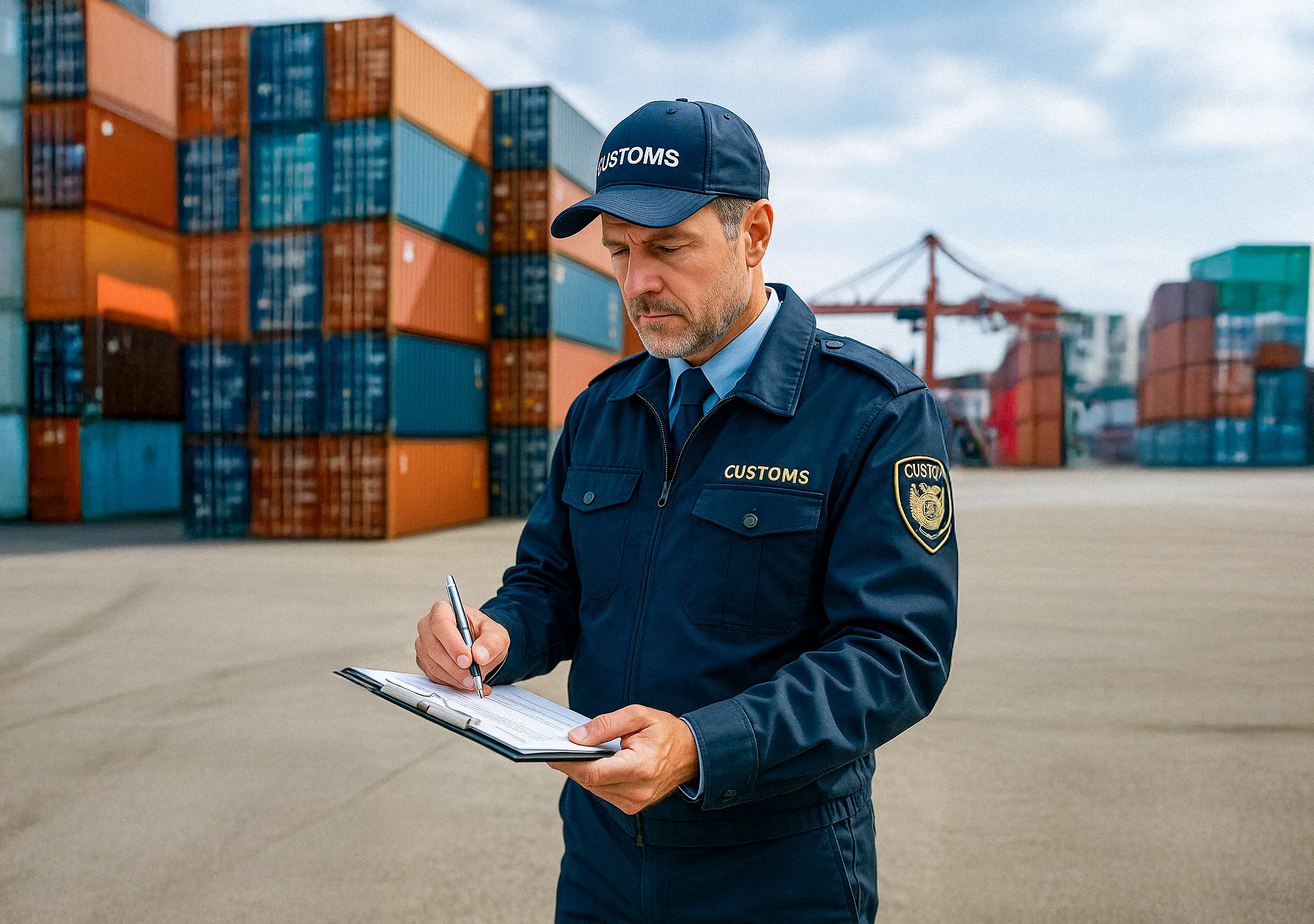Applied 4PL Logistics: Automotive, Manufacturing and Cargo Project (RoRo/LoLo)
In an increasingly complex foreign trade environment, importing and exporting companies in Mexico and North America face the challenge of optimizing their end-to-end supply chains. La 4PL logistics (Fourth-Party Logistics) has emerged as a strategic model that goes beyond traditional 3PL, offering comprehensive coordination, total visibility and tailored solutions.
With the rise of Nearshoring and record regional exchange volumes, having a reliable 4PL forwarder can be the difference between an efficient logistics operation or one full of bottlenecks. Next, we explore what the 4PL model is, its relevance in Mexico and North America, and how a 4PL freight forwarder acts as a strategic partner for companies of all sizes, including examples in key sectors such as automotive, manufacturing and project freight.
One of the advantages of the 4PL model is its ability to adapt to the needs of different industrial sectors. Let's look at some examples in practice.
4PL logistics applied in industrial sectors
Automotive Industry (Just-in-Time Manufacturing)
The automotive industry in Mexico —which produced nearly 4 million vehicles in 2024 (prodensa.com) — depends heavily on millimeter logistics. Shipowners operate with schemes JIT/JIS (just-in-time/sequenced), where the auto parts must arrive at the assembly line in the exact sequence and time.
A 4PL automotive partner coordinates hundreds of suppliers: consolidates parts from multiple companies on the same truck to optimize trips, manages parts warehouses near plants (including tax deposits to defer taxes) and monitors border traffic to ensure that trucks cross on time.
When unforeseen events arise - let's say a customs delay - the 4PL redirects a shipment by air or activates a contingency plan with emergency stock. Thanks to this orchestration, manufacturers have been able to reduce their inventories in transit and avoid costly line stoppages.
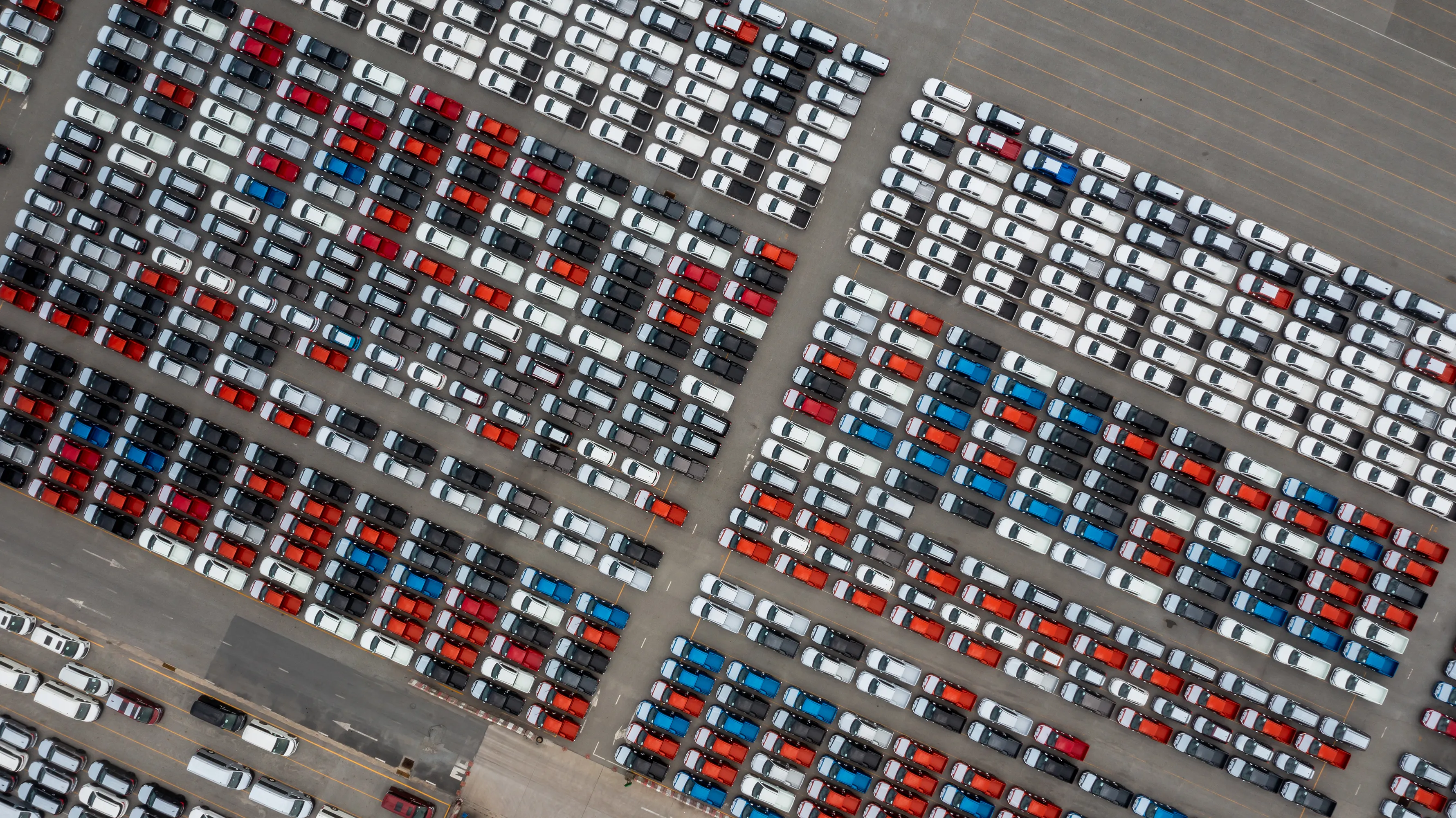
{{transporte}}
Manufacturing and electronics sector
In high-tech products or consumer goods, speed to market is key. A 4PL provides value by managing the international door-to-door logistics: collects the cargo at the supplier's Asian factory, reserves space on a ship or plane, takes care of the import procedures to Mexico and finally distributes it to local distribution centers. All under unified monitoring.
In addition, it coordinates reverse logistics (returns, guarantees) and specialized solutions such as fiscal warehouse logistics to defer tariffs until the time of local sale. This integration allows manufacturing companies to focus on production and sales, leaving logistical complexity in expert hands.
For large non-rolling equipment or loads, ships are used Lo-Lo (lift-on/lift-off) where cranes lift the load on board.
Project uploads
Here we are talking about unusual shipments — heavy machinery, disassembled industrial plants, oversized components — that require a logistics plan ad hoc. A 4PL with experience in Project uploads It is responsible for everything from specialized packaging, transport permits for exceeding dimensions, security escorts, to the hiring of ships Charter or modular platforms.
For example, to move a giant electric generator from a factory in Monterrey to a construction site in Houston, the 4PL will manage land transportation with low-boy trucks, process permits to exceed weight by road, coordinate the loading on a Lo-Lo vessel in Veracruz and, arriving in Houston, the final transfer to the site. All with supervisors at every critical point. This type of project “turnkey” would be difficult for a single company to coordinate without the network and knowledge provided by a logistics integrator.
In addition, sectors such as energy, mining or construction rely on 4PLs for their comprehensive projects. The capacity of a 4PL of “move mountains” —literally— is demonstrated in these cases of ultra-specialty. Importing mining equipment, wind turbines or prefabricated modules requires synchronizing multiple international players, and companies rely on the 4PL to deliver everything in a timely manner to the project site.
{{4pl}}
Practical recommendations: Specialized sectors and loads
- Choose a 4PL with industry experience: If your industry is automotive, look for a 4PL that knows JIT/JIS dynamics and has infrastructure such as vehicle yards. For project loads, verify similar trajectories and success stories.
- Detailed planning: Work with the 4PL on detailed logistics plans for special projects, including route analysis (avoiding low bridges, etc.), schedules and contingency plans. A good 4PL will perform Survey of the project in advance.
- Insurance and Compliance: Ensure that your 4PL manages adequate cargo insurance (especially for projects and valuable goods) and complies with industrial safety regulations. La risk management is an integral part of their service, and should give you peace of mind with every shipment.
Everything your logistics needs





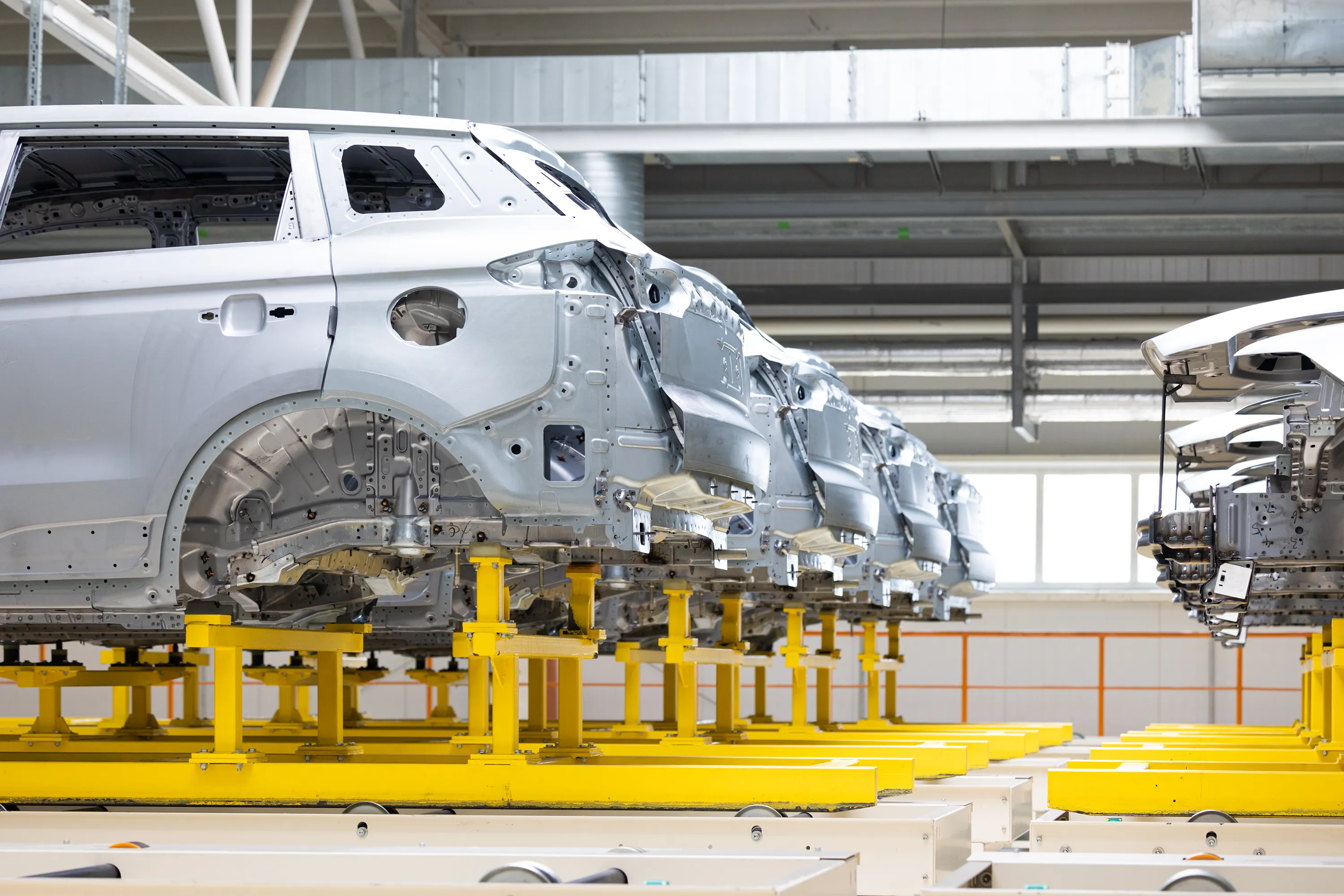
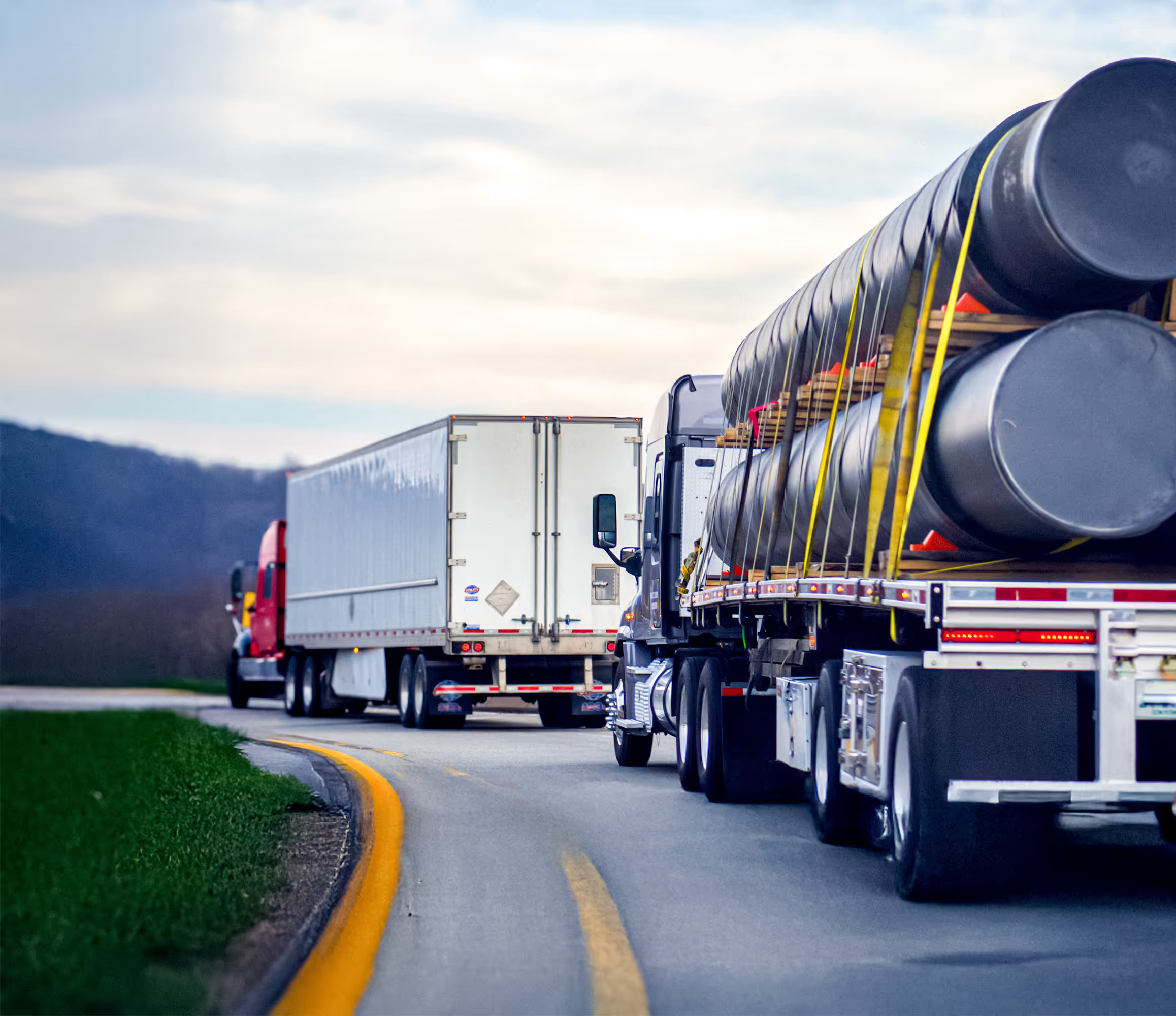
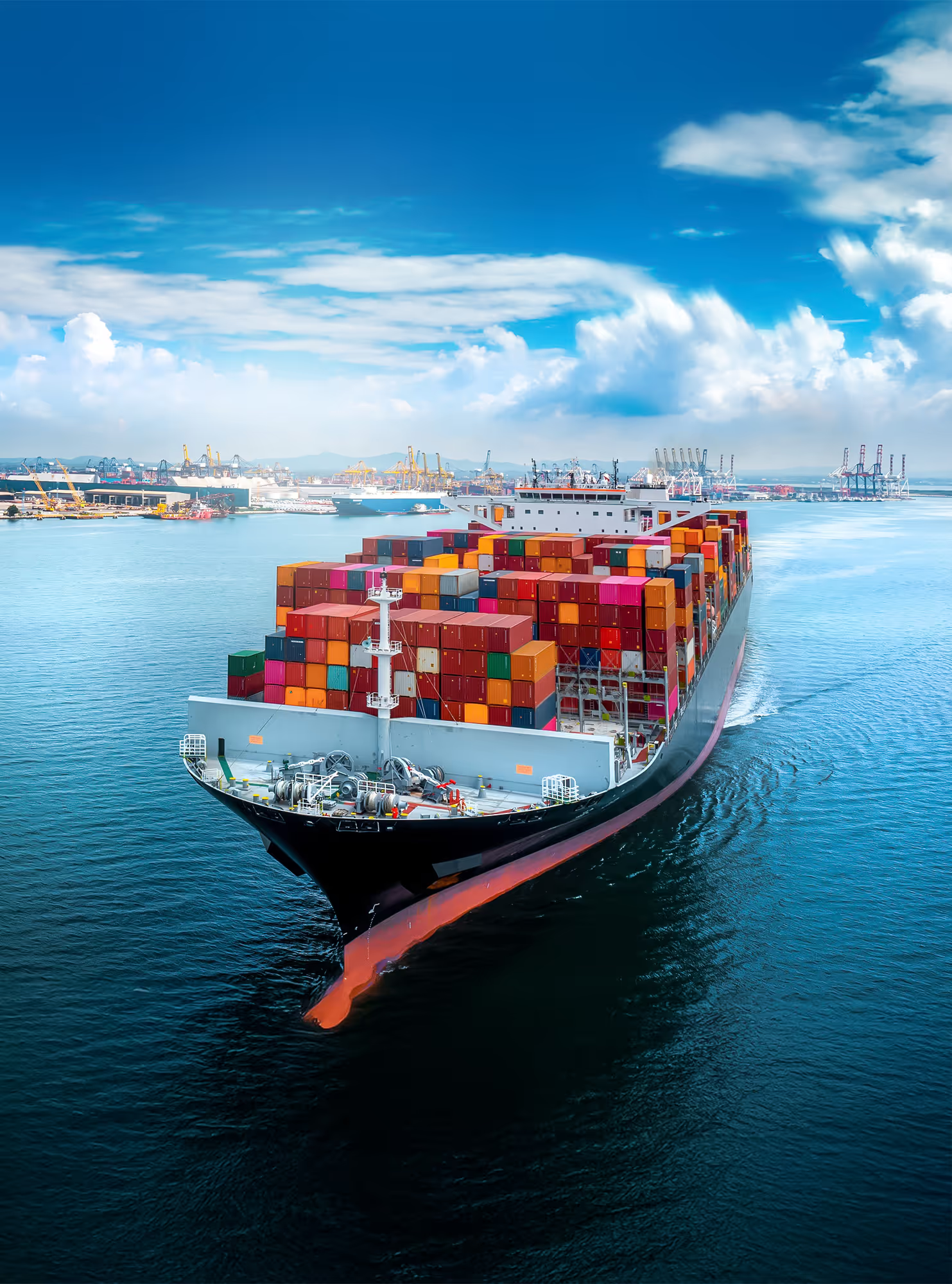


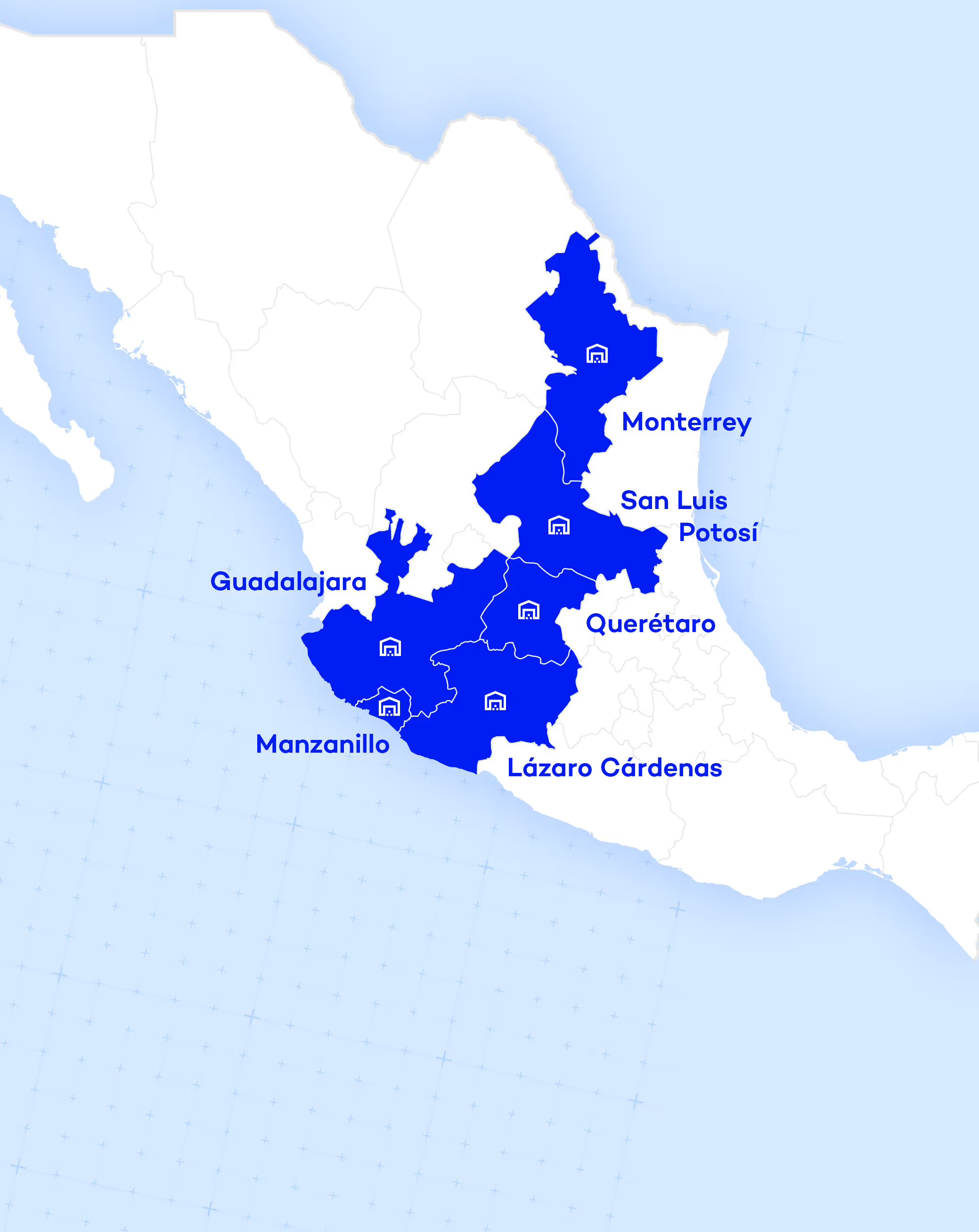
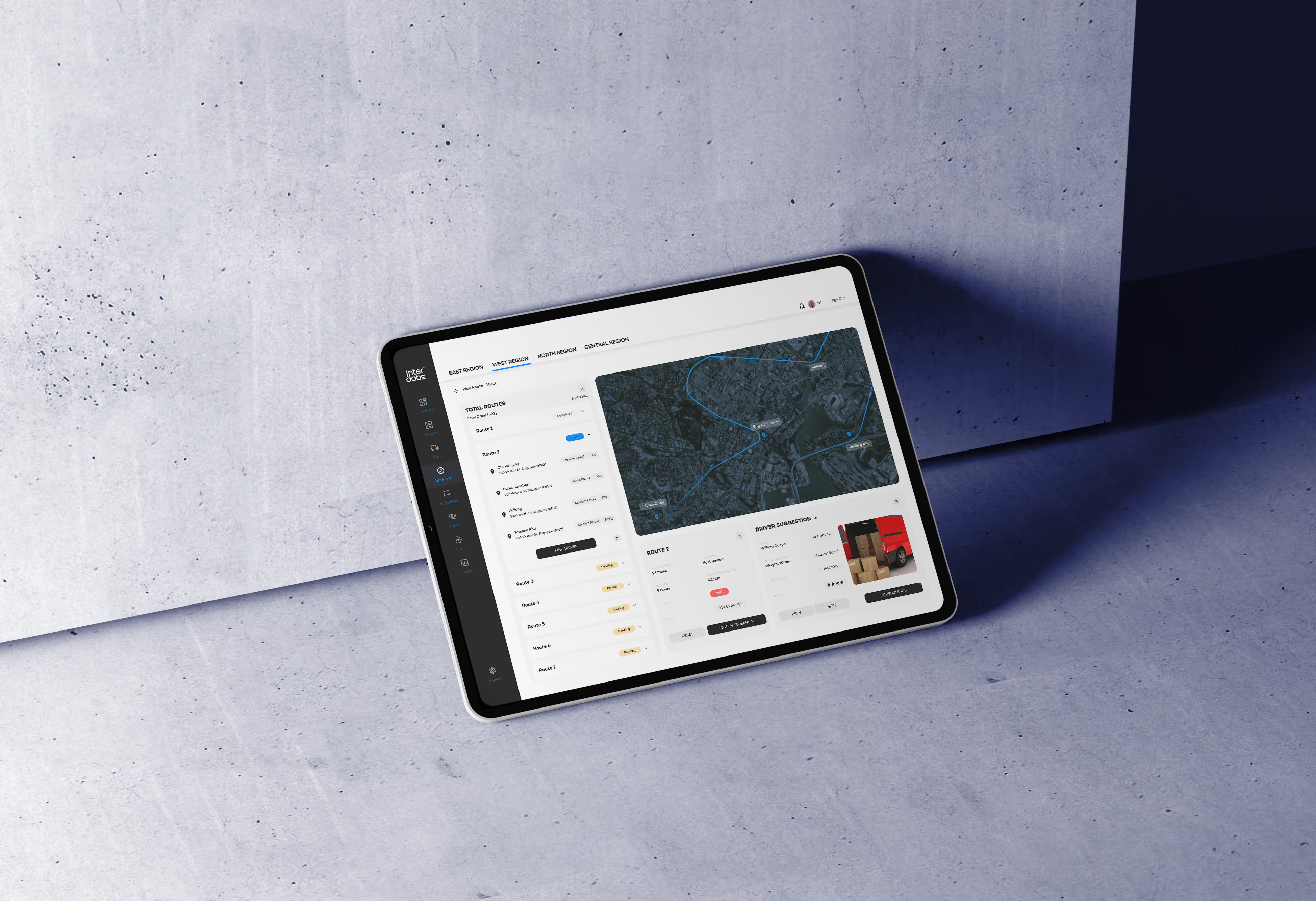
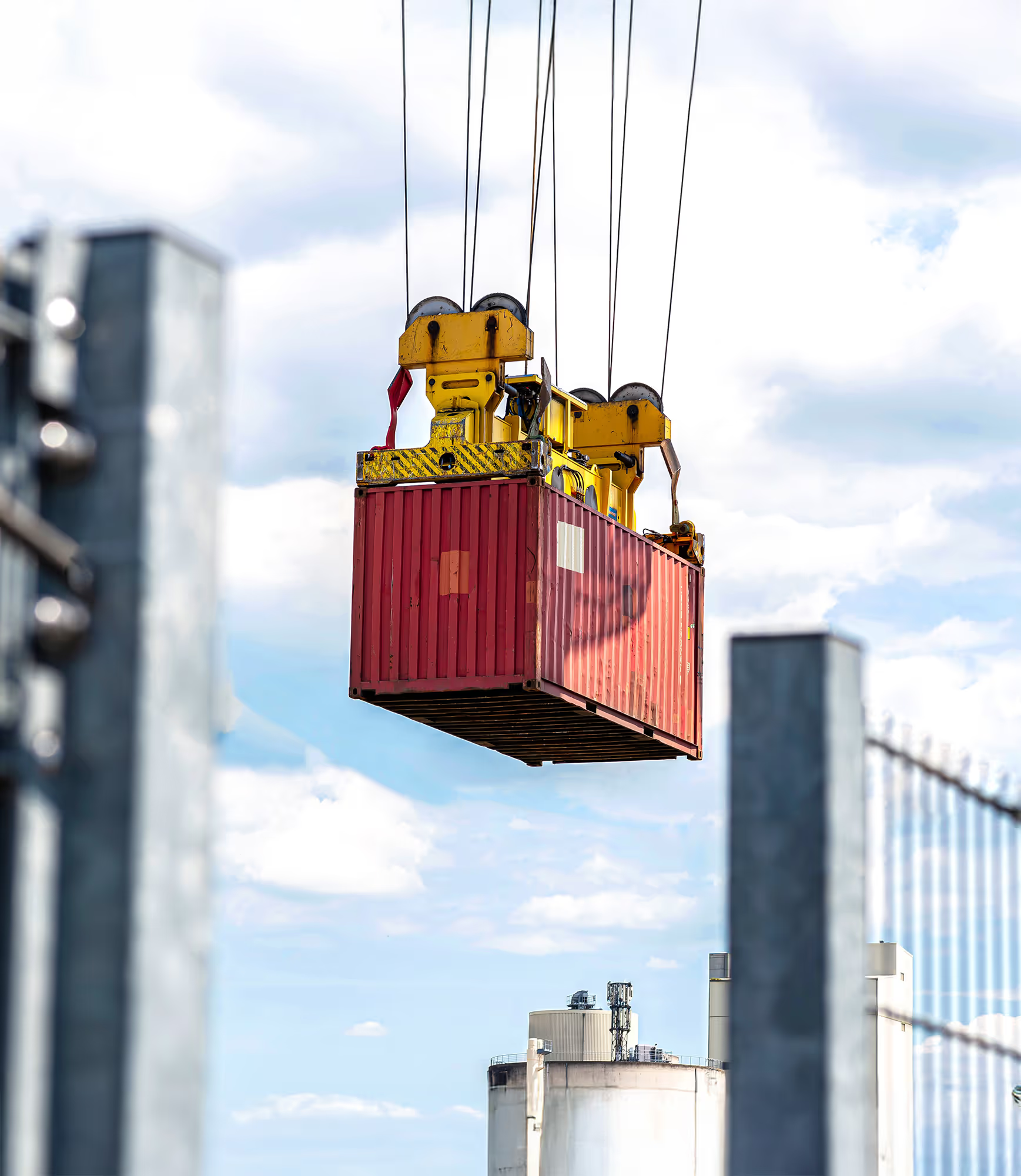


.png)
